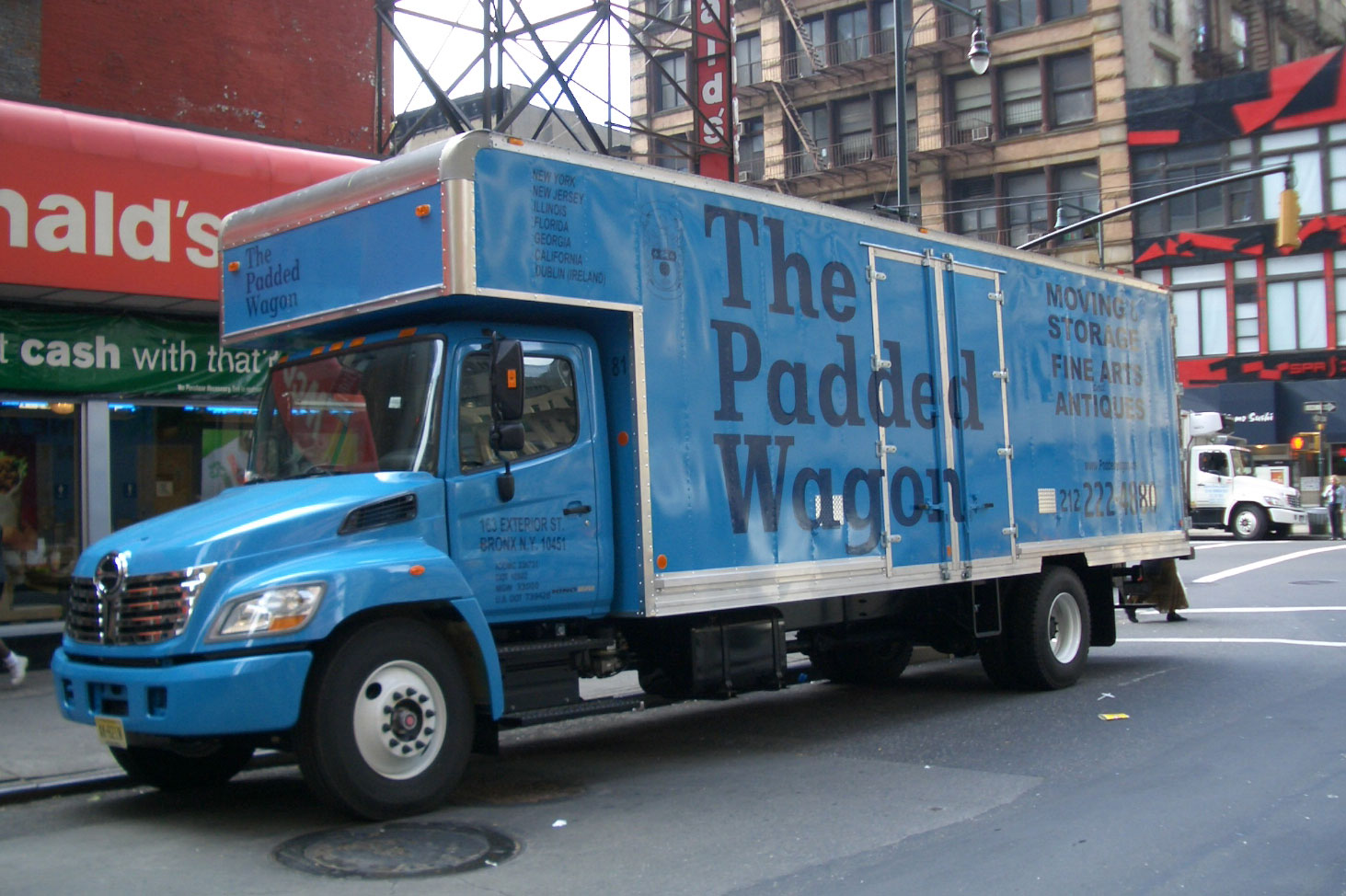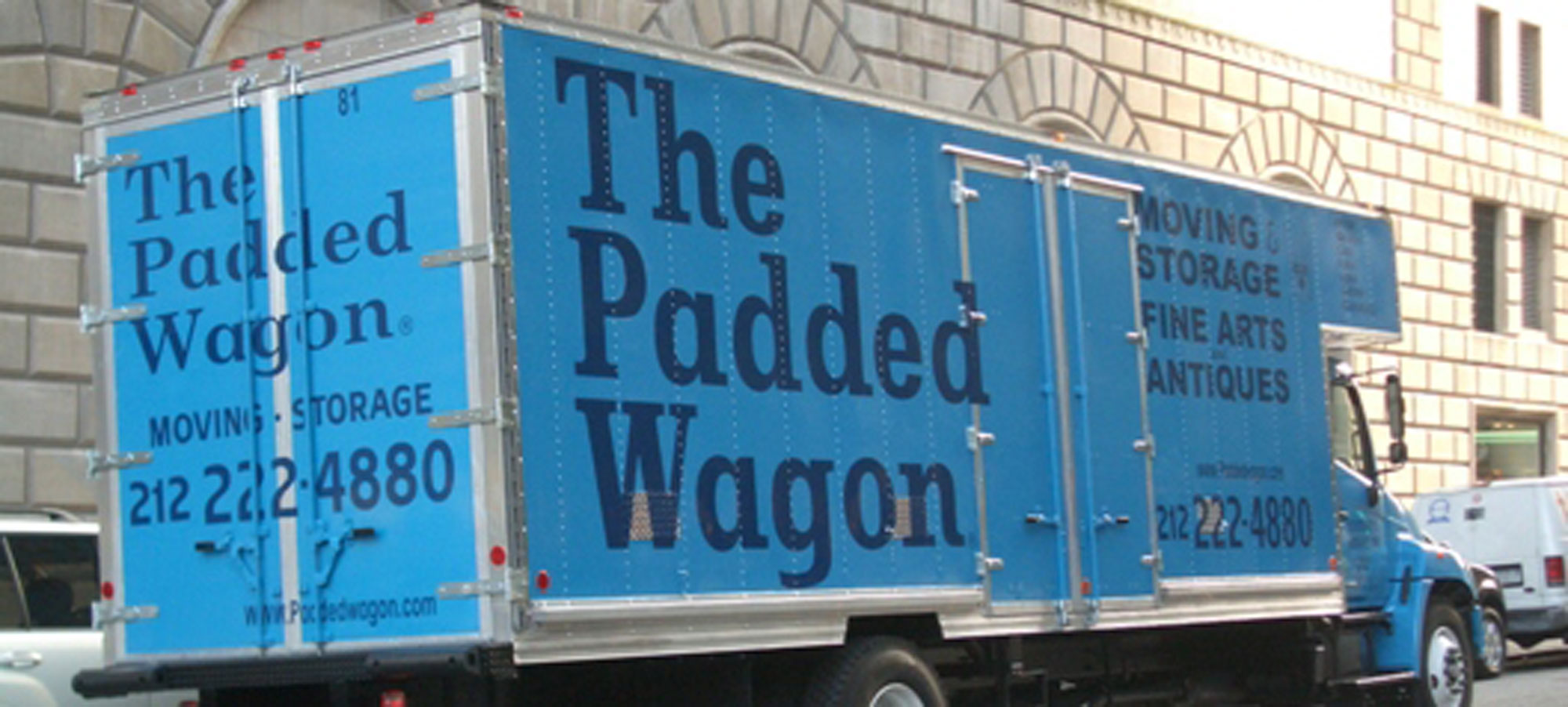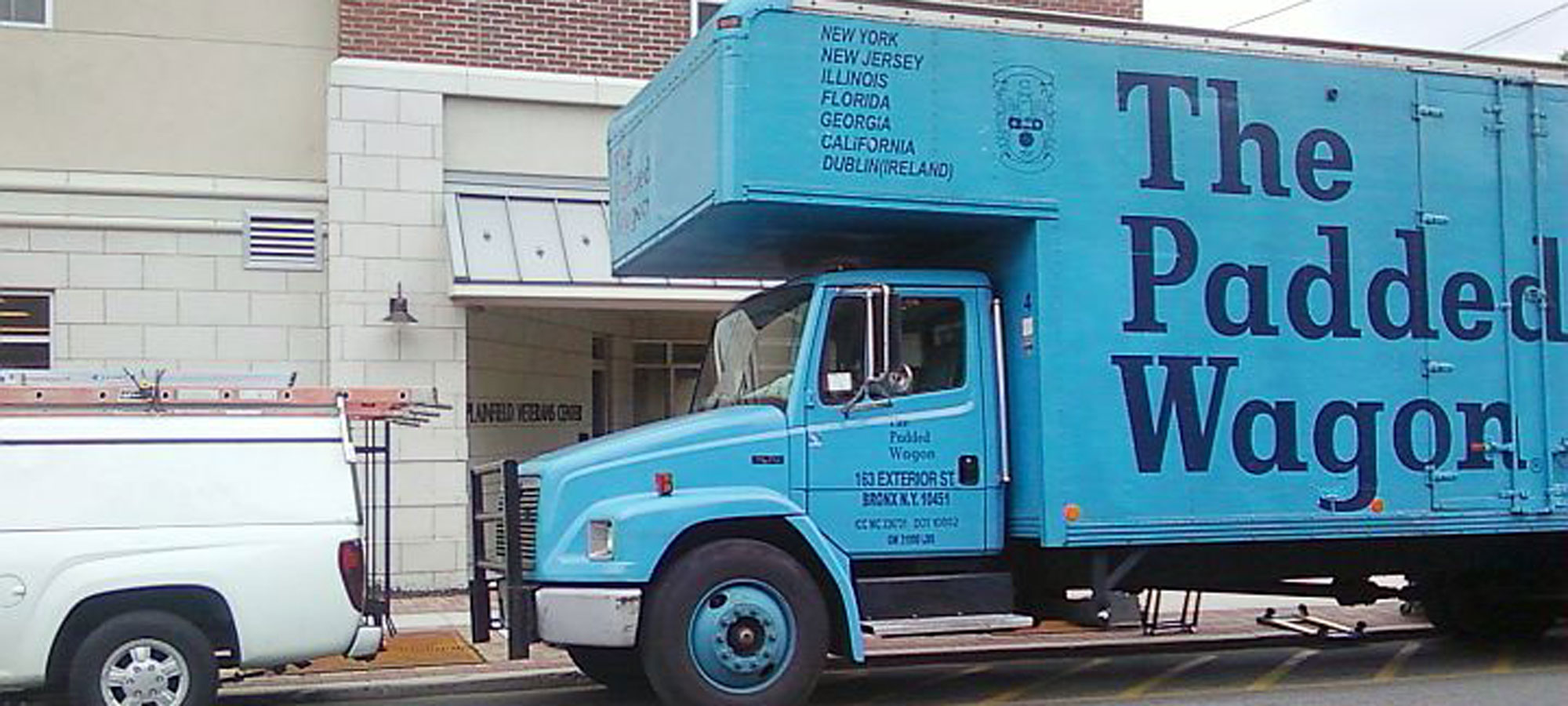In this article, we will show you an effective way to declutter before a move. The actual cost of moving increases with the amount of stuff you own, which is why decluttering helps you save both time and money. As well as reducing costs, decluttering ensures you bring only essential, sentimental, or valuable items to your new home.
But despite the benefits of decluttering, most people ignore this vital stage in the moving process.
Giving up your belongings takes work.
Most decluttering experts will advise you to categorize items into “keep, sell, store, or donate.” But it can be challenging to let go of things with sentimental value, even if we don’t use them anymore.
Some people will start decluttering, but give up when they become overwhelmed with decisions. They start off making good choices about which items to keep or let go. But after a while, decision fatigue sets in, and they put off the task for later.
So, how can you make decluttering easier
It’s simple. You must create clear guidelines on what items to keep, sell, store, or donate.
What items should you keep?
The goal of decluttering is to create a living space that is organized, functional, and reflects your current needs and values.
Use the guidelines below as a starting point when determining what to keep:
- Functionality: Consider whether an item serves a practical purpose. If you find something valuable for day-to-day activities, it’s likely worth keeping.
- Sentimental value: Family heirlooms, photographs, or meaningful gifts hold sentimental value. If they evoke positive emotions, then they are worth keeping.
- Frequency of use: Think about how often you use an item. It might indicate that you don’t need it if it’s been sitting untouched or unused for a long time.
- Practicality: Is an item practical to keep in terms of space and functionality? Let it go if it takes up valuable space and doesn’t have a specific purpose.
- Multiples and duplicates: Keeping only one or a reasonable number can help reduce clutter.
- Future plans: Think about your plans and lifestyle. If you are unlikely to use the item in the future, it might be time to part ways with it.
- Condition and usefulness: If it’s broken, damaged beyond repair, or no longer functional, it’s usually best to let it go.
If you decide not to keep an item, the next step is choosing between selling, donating, or storing the item.
What items should you sell?
Selling items can take time and effort, so be prepared to list, promote and negotiate prices with potential buyers. If you’re unsure about the value of certain items, consider consulting with experts or appraisers who can provide insight into their worth.
The following guidelines can help you decide what to sell:
- Value: You can recoup your investment, or pay for moving expenses, by selling items of substantial value.
- Demand: Items that are popular, trending, or in high demand have a better chance of selling quickly for a good price.
- Condition: Items in excellent condition tend to fetch better prices. They also sell much faster.
- Size: Large or bulky items might be more challenging to sell unless you have suitable delivery means or if the buyer is responsible for pickup.
- Online marketplaces: Research popular online marketplaces like eBay, Facebook Marketplace, or Craigslist to see if similar items are frequently listed and sold.
- Time constraints: If you have limited time before the move, focus on selling items more likely to sell quickly.
- Emotional attachment: If the sentimental value isn’t significant, and you’re comfortable parting with it, selling can be a practical option.
By following these guidelines and using your judgment, you can identify items with high selling potential. This will help you declutter your home and generate extra funds.
What items should you donate?
Donating items ultimately comes down to your preferences. In general, charitable organizations and individuals would benefit from the following items:
- Gently used clothing
- Books in good condition
- Toys that are clean and safe to use
- Non-perishable food that is not expired
- Furniture in usable condition or can be fixed
- Household items you no longer want or need
- Functional electronics that can be used for educational purposes
Check with local charities, shelters, and organizations for their specific donation guidelines and needs. You can refer to this list of non-profit organizations in New York City when donating your items.
What items should you store?
While storage can be convenient, it’s important to avoid accumulating unnecessary belongings. Keep only items that carry sentimental value, serve a purpose, or have real value.
If you’re deciding what to store, consider these factors:
- Seasonal items: Can the item be safely stored and reused next year?
- Sentimental items: Does the item hold special meaning to you, but you can’t display it?
- Items for future use: Would you use the item if you moved to a larger home?
- Valuable collectibles: Can they be stored to maintain their condition and value?
- Items for a transitional period: Are you still determining your plans for the items?
- Cost vs value of the article: Does the storage cost make sense
Regularly reassess the need for stored items to avoid keeping things you no longer need or want indefinitely.
Declutter for a reason.
Decluttering requires clear guidelines and thoughtful decisions. Doing this allows you to organize your living space, raise extra money, and support charitable causes. It’s important to consider functionality, sentimental value, frequency of use, and practicality before keeping, selling, donating, or storing stuff.
Use The Padded Wagon’s storage services.
Are you ready to declutter and make your move more manageable?
Let The Padded Wagon take care of your storage needs. For safe and convenient storage, call 212-222-4880 or book online at paddedwagon.com/book-online.


